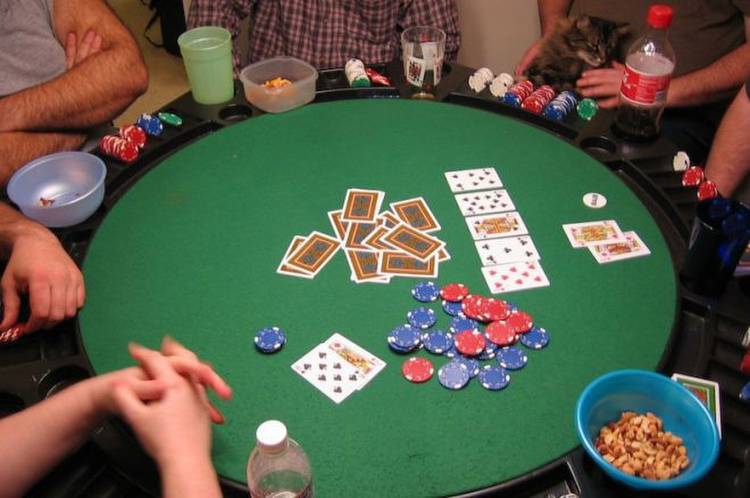Yet another online gambling arrest in India underscores need for regulation

Law enforcement officers arrested three men in Karimpur, Nadia, on charges of online gambling and cash fraud, Gambling Insider reported. Authorities said a tip from residents resulted in the arrest of the three, whose operations allegedly had links to China, as well as the seizure of 800 SIM cards and several Paytm barcodes.
This follows an earlier incident in South Goa, in which police reportedly conducted a raid at Gandhi market in Margao, leading to the arrests of 11 people under Sections 269 and 188 of the IPC and Sections 3 and 4 of the Public Gambling Act.
These two are only a few of the recent incidents that highlight why it’s important for India’s gambling industry to have a uniform legalization.
India gambling industry follows vague legal restrictions
India has a deep-seated passion for gambling, one that dates to pre-digital times. The country—and its people—has kept up with the changing times and is moving towards a mobile-first market that is driven by high internet penetration and the wide availability of affordable mobile devices. In fact, an ENV Media research found that Android-powered mobile devices have become “the primary medium” for activities in these times of coronavirus pandemic as more consumers are opting to go the digital route for their work, distance learning, and online gaming and other leisure activities.
Despite this, the Indian government has yet to keep up with the times. To date, the local gambling industry is still operating under vague and outdated regulation that differs depending on the state: online gambling sites like 10Cric and land-based casinos are allowed in the state of Goa, Sikkim, Nagaland and Daman under the Public Gambling Act, 1976. Sikkim and Nagaland have legalized e-gaming and lottery; but only lottery is legal in the states of Goa, Kerala, Arunachal Pradesh, Assam, Maharashtra, Madhya Pradesh, Mizoram, Manipur, Meghalaya, Punjab, and West Bengal.
Maharashtra has also outlawed gambling under the Bombay Prevention of Gambling Act, 1887; while Telangana and Arunachal Pradesh find skill-based games illegal under the Telangana State Gaming Act, 1974.
Regulation brings transparency, better tax collection
In the Nadia arrest, authorities said the suspects operated sites whose domains “are generally located in China” with payments routed through India-based gateways like Paytm. This, the officers said, was done “to skip the surveillance of Indian authorities.”
An updated, uniform, and transparent regulation, however, can easily solve this and even improve India’s gambling income tax collection efforts. A SevenJackpots report, aptly titled “When Should an Industry Regulate,” explained how regulation can be advantageous not just to the local gambling industry but also to the state and central governments.
“Transparent regulation will help the best gambling platforms prove their integrity to the public eye. Formal guidelines on online gambling will improve the business climate and bring benefits to State coffers,” SevenJackpots research analysts said, adding, “A regulated market is better than an illegally functioning one. Examples of effective gambling regulation are found easily: licensing, taxation, and monitoring come first. Corruption and lobbying need to be rooted out with precise legal definitions, altogether raising consumer protection standards.”





































